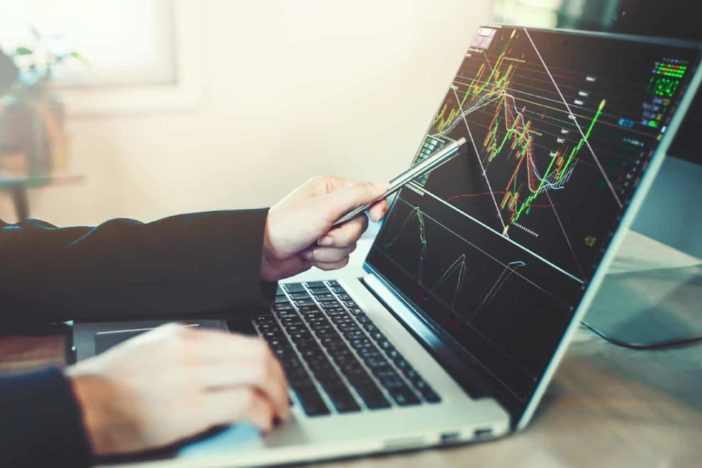Forex trading, also known as foreign exchange trading, is the process of buying and selling currencies with the goal of making a profit. This global market, which operates 24 hours a day, 5 days a week, is the largest and most liquid financial market in the world with an average daily trading volume of $5 trillion.
Unlike traditional stock trading, where investors buy and sell shares of a company, forex trading involves trading pairs of currencies. For example, a trader may buy euros with US dollars in the hopes of selling them at a higher price in the future, thus making a profit.

One of the key advantages of forex trading is its high liquidity, which means that traders can easily enter and exit positions without worrying about market availability. Additionally, the forex market is not limited to specific geographic locations, allowing traders to participate from anywhere in the world as long as they have an internet connection.
Another factor that makes forex trading attractive is the availability of leverage. Leverage is the ability to trade with more money than what is available in the trader’s account. For example, a broker may offer a leverage of 100:1, which means a trader can control a position worth $100,000 with only $1,000 in their account. While leverage can amplify profits, it can also lead to significant losses if not managed properly.
The forex market is influenced by various economic, political, and social factors, making it highly volatile. As a result, traders need to stay informed about current events and economic indicators to make informed trading decisions. They also need to develop a solid trading strategy and risk management plan to minimize losses and maximize profits.
Trading in the forex market can be done through a broker, either online or through a traditional financial institution. Brokers offer different trading platforms, tools, and resources that allow traders to analyze the market and execute trades. It is essential to choose a reputable and regulated broker to ensure the safety of funds and fair trading practices.
Before diving into the world of forex trading, it is essential to educate yourself. There are many educational resources available online, including articles, e-books, webinars, and demo accounts. Demo accounts are a valuable tool for beginners as they allow traders to practice trading in a risk-free environment using virtual money before risking their own funds.
One of the most crucial aspects of forex trading is risk management. A common mistake made by beginner traders is not setting stop-loss orders. A stop-loss order is an instruction to close a trade at a predetermined price to limit potential losses. It is essential to always have a stop-loss in place to protect against unexpected market movements and to adhere to it.
In conclusion, forex trading is a fast-paced and dynamic market that offers opportunities for traders to make profits by buying and selling currencies. It requires education, discipline, and a sound trading strategy to be successful. However, like any other form of trading, there are risks involved, and traders should always practice caution and risk management to minimize losses. With the right knowledge and approach, forex robot can be a lucrative venture for those willing to put in the time and effort to learn and master the art of trading currencies.
